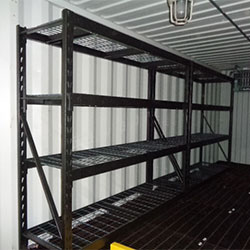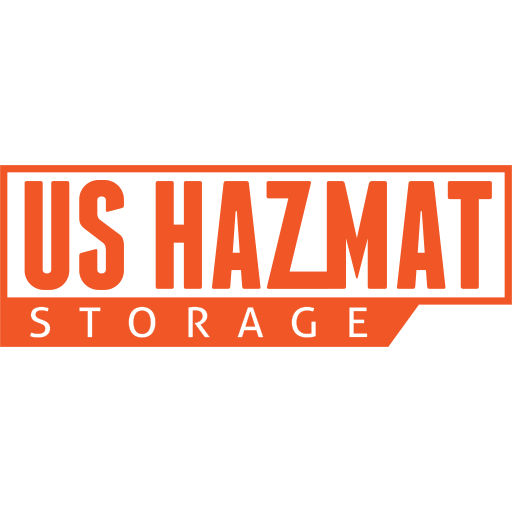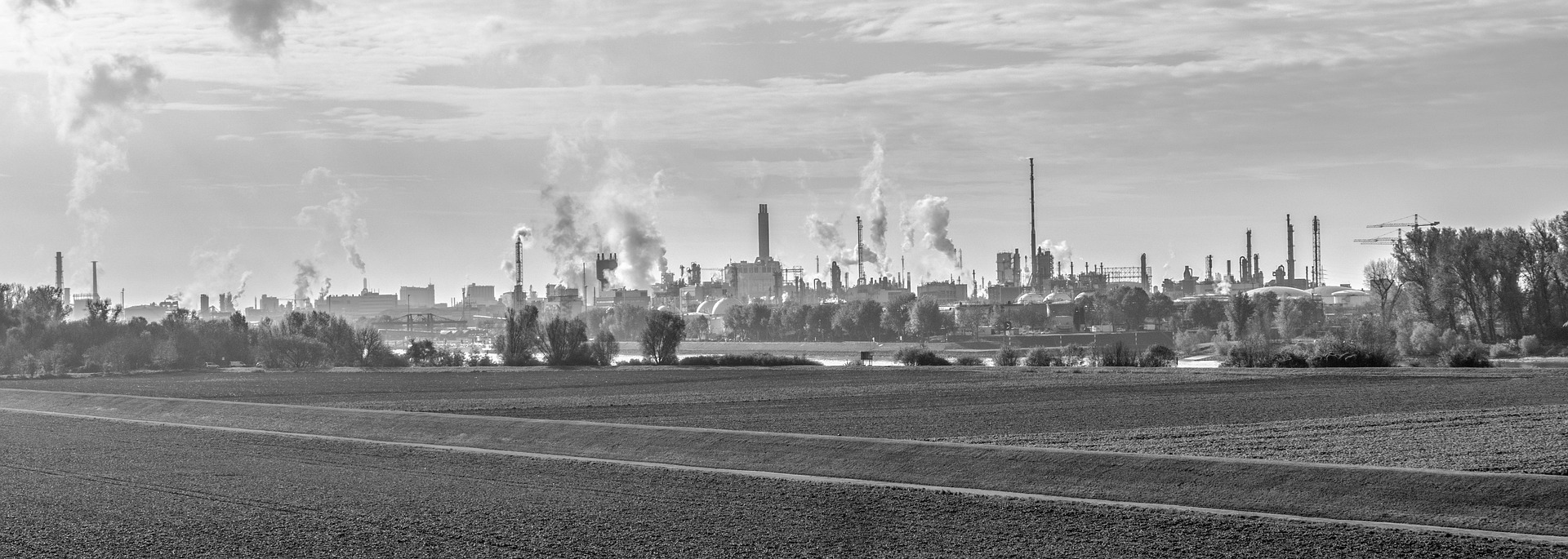Transparency and accountability in chemical storage means everything – especially when your company is trying to avoid EPA fines and civil penalties. Any company or business that handles dangerous chemicals on the reg is held to a higher regard and expectation than other organization. As community members, we unknowingly put our lives in the their hands everyday so they can bring jobs to our towns and cities. If you’re one of these companies, you owe it to your workers and the community to provide safe working conditions. Not all companies understand the gravity of these expectations. The EPA recently came to a settlement with Greenfield Global in Connecticut for alleged violations of the Clean Air Act’s General Duty Clause and the Emergency Planning and Community Right-to-Know Act. As a result, the company must pay $179,596, as well as certify compliance with all the aforementioned requirements. This serves as a crucial lesson of what happens when companies look the other way and shirk their responsibilities as community stakeholders.
“It is unacceptable that chemical warehouses and distribution centers pollute the air our kids breathe and don’t disclose their activities,” said EPA New England Regional Administrator David W. Cash.“Enforcement actions like this one send a strong message to these companies that deal with dangerous chemicals – they have an obligation to keep the public, and local emergency responders, informed about the chemicals they deal with and ensure they are stored safely in order to protect the communities they are located in.”
‘Not in My Backyard’
Community awareness of company transactions and processes continue to fall under the watchful eye of not only the government, but also the communities they serve. There’s another omnipresent eye-in-the-sky safety managers and CEOs must be weary of: the never-relenting scrutiny of the news media. Even if chemical violations and accidents don’t reach the level of sanctions from the federal government, you can guarantee that your company will be tried in the court of public opinion should a reporter even catch a chemical whiff of a toxic spill or incident. Citizens have also become generally distrustful of not only chemical processing facilities or manufacturers, but any industry that even remotely comes in contact with hazardous materials. It’s an unfortunate stereotype and product of guilt by association that all companies must contend with. The moment that a company, which indirectly handles dangerous chemicals, files for a building permit, they become swarmed with angry protesters demanding the refusal of the company’s application. You can’t hardly blame them for their too quick-to-judge hypocrisy, as so many negligent companies have breached their vow of trust in protecting their communities from dangerous toxic spills and incidents. And when companies such as Greenfield Global fail to report what’s really going on in their facility, it doesn’t do much to instill greater confidence with the companies that do take preventive measures to ensure these very incidents don’t take place.
Avoid EPA Fines and Keep Your Community’s Trust With Compliant Chemical Storage
The crux of the EPA’s allegation came from reports that claim Greenfield Global failed to “design and maintain a safe facility, which is necessary to prevent releases under CAA GDC requirements, and failed to properly submit nine reports regarding certain toxic chemicals to EPA’s TRI database for the years 2017 and 2018.” We don’t know the specifics of what would’ve constituted a safe facility – per the EPA’s specifications – but we can imagine the company didn’t have the correct infrastructure to prevent recurring toxic releases. U.S. Hazmat Storage Rental’s arsenal of compliant storage are comprised as tough-as-nails steel welds and metal sheeting that prevents dangerous chemicals from escaping from your facility and into the environment and ecosystem.



